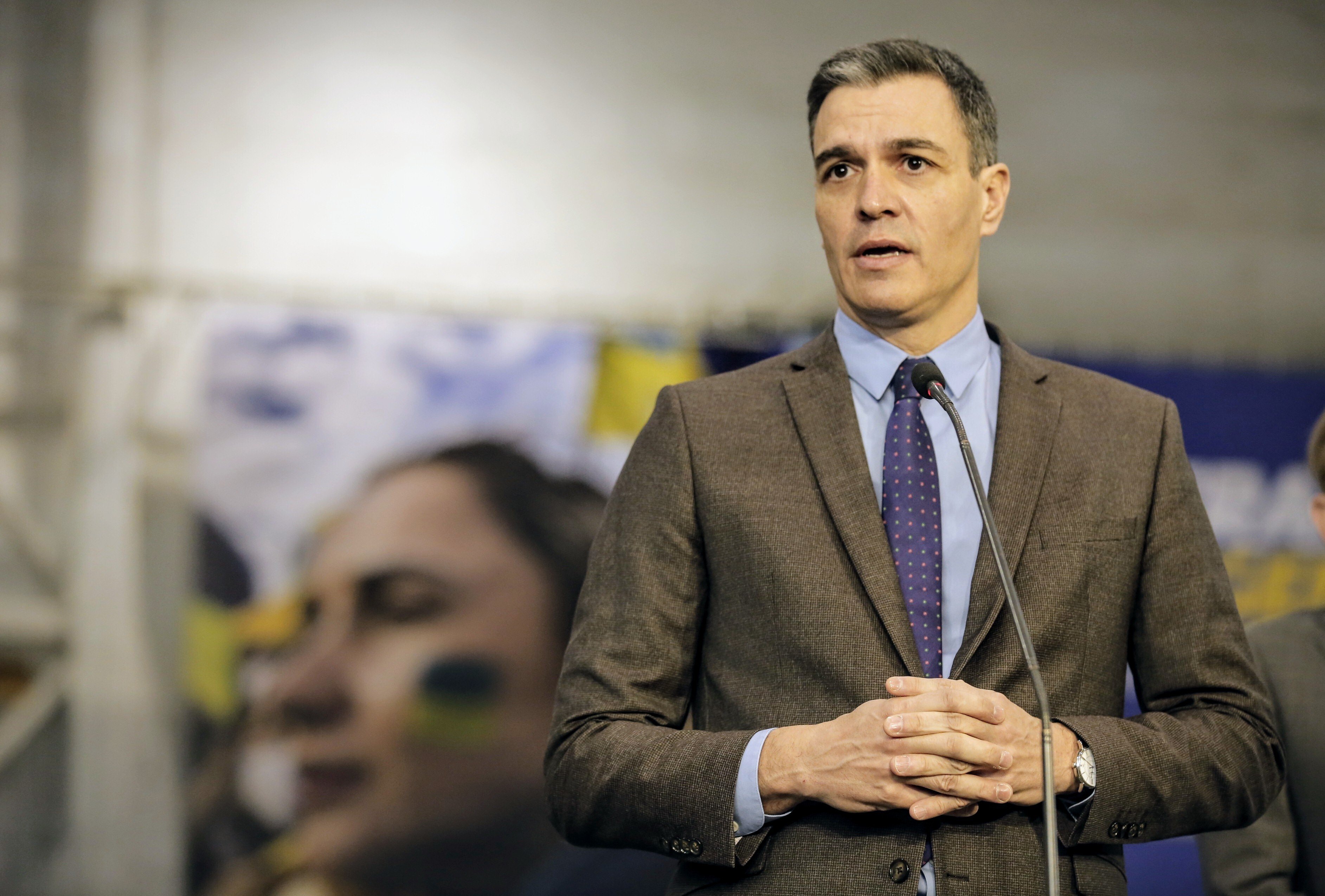The so-called 'Iberian energy island' formed by Spain and Portugal will not get the reduction in the price of gas it wanted in Brussels. According to sources in the energy sector consulted by the newspaper El Independiente, EU member states such as France, Germany and the Netherlands oppose setting the maximum price of gas at 30 euros/MWh in the electricity market, the figure proposed by Spanish PM Pedro Sánchez and his Portuguese counterpart António Costa. These sources warn that, once again, EU member states are divided on the measure and that "it will be difficult" for it to receive the approval of Brussels. According to the sources quoted by the digital daily, the European bloc would be willing to accept a maximum of 50 euros/MWh.
Market distortion is still the objection
Thus, it is expected that Spain and Portugal will have to accept a price limitation 67% higher than what they proposed. The justification is, ultimately, the same as the argument used to reject Pedro Sánchez's proposal last week for European-wide measures to limit the gas price: that is, that such intervention would have a distorting effect on the market. "EU industrial customers outside Spain are likely to complain about the alleged unfair competitive advantage that they would have if a very low ceiling is allowed", expert analysts told El Independiente. The proposed limit agreed by the executives of Spain and Portugal on the price of gas used in produce electricity was relayed by the two governments to the European Commission on Wednesday. However, despite the European Council's approval in principle for the "energy island", there are doubts that Brussels will green-light a measure that will make a significant difference to Spanish and Portuguese electricity bills.
Two circumstances were taken into account when the energy island was given its provisional approval last Thursday: the high level of implementation of renewable energies in the two Iberian countries, and the few interconnections of the Peninsula with the rest of the European continent. Accordingly, Spain and Portugal put together their proposal, which is intended to have an effect on the wholesale electricity market. Under the pricing system for electricity in Europe, the price is set by the highest price energy that enters the system, and at current prices, that comes from the gas used to drive combined cycle electricity plants. Thus the two governments have limited the application of the price control to the gas used in these generation technologies: "In particular, and for the Iberian mix, it will only be applied to combined cycle gas plants, coal-fired power plants and cogenerators."
The Spanish and Portuguese proposal also stresses that these are temporary and exceptional measures, as agreed at the European Council meeting, given the "exceptional circumstances that are causing serious economic difficulties" in both countries. Speaking at a conference on Monday, prime minister Pedro Sanchez said he hoped the measure would be approved by Brussels "in a very short time", and the proposal is for it to be in force until December. However, the signs from Brussels suggest that, despite the energy island concept, some member states feel Spain and Portugal are still very much immersed in the market of mainland Europe.

